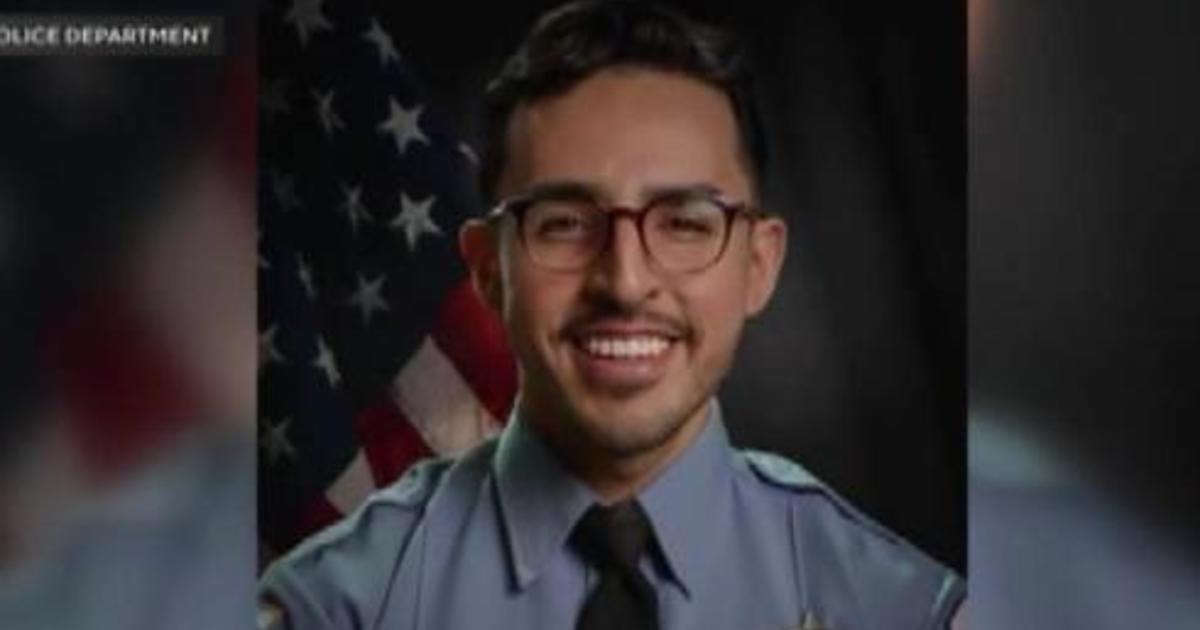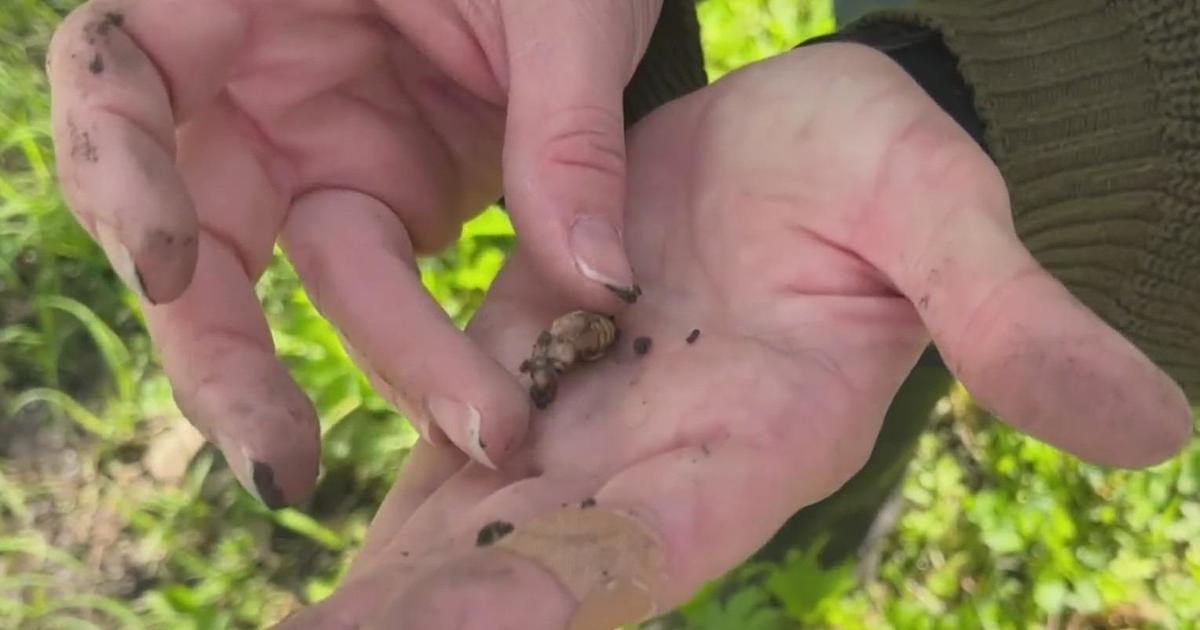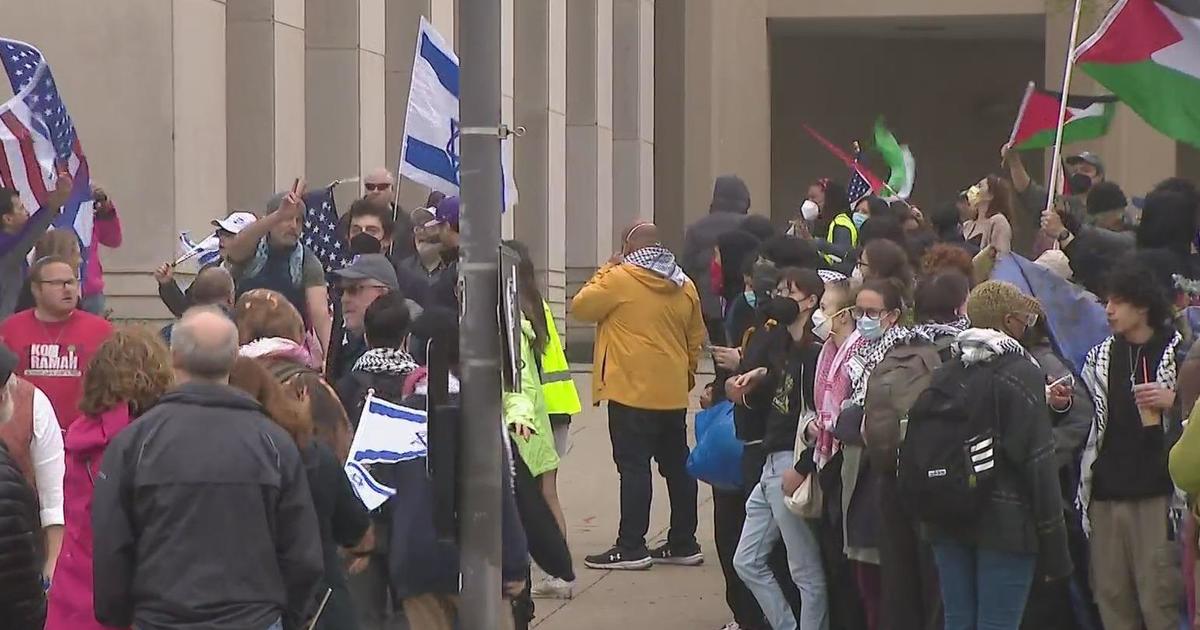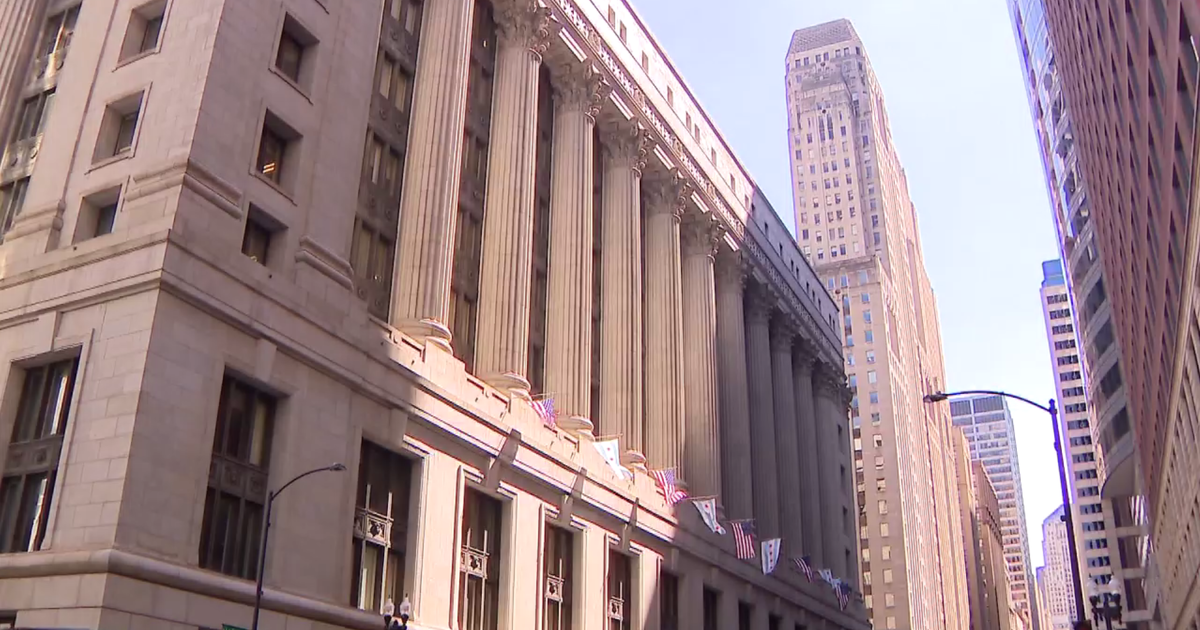Gov. JB Pritzker Extends 'Stay At Home' Order And COVID-19 School Closings Through The End Of April
CHICAGO (CBS) -- With the confirmed number of coronavirus cases in Illinois continuing to climb by the hundreds each day, Gov. JB Pritzker is extending his statewide "stay at home" order and his mandate closing all Illinois schools through the end of April.
"Folks, I know that this journey is an extraordinarily difficult one; personally, financially, emotionally," he said at his daily COVID-19 briefing. "If we can end these orders earlier, I'll be the first one to tell you when we can start to make strides towards normalcy again, but that time is not today, and it's not April 7th."
Pritzker's "stay at home" order has been in effect since the evening of March 21, requiring everyone in Illinois to stay indoors, except for essential trips to get groceries, medical supplies, to see a doctor, or for brief exercise outdoors. Those who do exercise outside have been told to stay six feet away from others, and avoid groups of 10 or more people. The order does not prohibit essential workers from going to their jobs.
The governor's order originally was set to continue through April 7, but on Tuesday the governor extended it by 30 days, effective immediately, meaning it will now run through April 30.
Asked whether or not the "stay at home" order might have to be extended further, or what would have to happen to lift it early, Pritzker said, "first of all, we have to see the peak here."
While there has been a lot of modeling done regarding the spread of the new coronavirus, Pritzker said it's still unclear when cases in Illinois will peak, or how long the peak will last before the number of new cases begins dropping off.
"Everybody's taking their best educated look at what date seems appropriate, and this is the best educated date that they've come up with," said of the current plan to keep the order in place until April 30.
Pritzker also is extending his order to close all Illinois K-12 schools through April 30. He said students will not have to make up any of the in-school days that have been lost due to the pandemic. So far, the days schools have been closed have been deemed "act of God" days, and starting Tuesday, schools will use "remote learning" days to count them towards attendance.
The governor said the Illinois State Board of Education is working with local school districts to come up with remote learning plans for students.
"Remote learning will look different for every district, and maybe even for every school. School districts will create plans based upon their local resources and their needs," he said.
Pritzker also offered some words of sympathy and encouragement for students, who are faced with several weeks away from their friends and classmates; in particular high school seniors, who are missing out on important milestones.
"I won't try and tell you that texting and calling each other is the same as hanging out in the hallways or in the lunchroom, and I won't try to tell you that a Zoom prom is the same as a real prom. I won't try and tell you not to be sad about the lost goals and plans that you may have had for March and April," he said. "It's okay to be sad, and if you do feel sad, or frustrated, or angry; whatever you feel, please let yourself feel that way. Don't beat yourself up over being human."
Asked why he hasn't simply ordered schools to keep their buildings closed through the end of the school year, Pritzker said authorities don't know yet if it will be necessary to keep people at home beyond May 1.
Mayor Lori Lightfoot said, with the governor extending the "stay at home" order, the city's lakefront, the Chicago Riverwalk, the 606 trail, and city playgrounds will remain closed until further notice.
She said the extended orders might not be what the people of Illinois want, but she said it's necessary under the circumstances.
"This virus is lethal and growing. That is why I fully support the governor's bold but necessary extension of the stay at home order," she said. "Just as we heard, to pretend this crisis is anything less than dangerous, that would not only be irresponsible, but it would also be deadly."
While Pritzker has said Illinoisans have been complying with his "stay at home" order for the most part, he and Lightfoot last week scolded the large groups of people seen gathering on the lakefront when temperatures climbed above 50, for flouting the mandate to avoid large gatherings.
On Thursday, a visibly angry Lightfoot closed the lakefront, the Chicago Riverwalk, and the 606 trail, warning people they would face potential fines, or even arrest, if they ignore orders to stay away and go home.
Tuesday morning, Lightfoot said she has seen improved compliance with the governor's "stay at home" order since she closed the lakefront, riverwalk, and the 606.
"The city has responded remarkably well," she said.
Meantime, on Tuesday, the state announced 937 new confirmed cases of coronavirus, including 26 more deaths. Illinois now has a total of 5,994 cases, including 99 deaths, in 54 counties.
Illinois Public Health Director Dr. Ngozi Ezike said some hospitals already are reaching capacity of ICU beds and ventilators as they admit an influx of COVID-19 patients. She noted even people who are only moderately ill might still need medical care, even if they don't require intensive care or a ventilator.
She said that's why it's important for people to follow the governor's "stay at home" order, to slow the spread of the virus, and prevent the state's entire hospital system from being overwhelmed.
"We want to make sure we have enough resources for those who are the sickest in order to reduce the overall number of people who are exposed and infected with COVID-19," Ezike said. "We want to make sure that everyone who needs an ICU bed, everyone who needs a ventilator will get the care that they need, and that's why it's so important that we flatten the curve. The concern is that our medical resources will be stretched to their limits, and so that's why staying at home will help us have the healthcare capacity we need."
State and local officials have said they don't expect COVID-19 cases to peak until sometime in April.
"We still don't know exactly when this immediate crisis will pass, and I know this continues to be an extraordinarily difficult time for families across our state," Pritzker said.
The mayor has said the city could see as many as 40,000 people hospitalized with acute coronavirus symptoms in the coming weeks.



